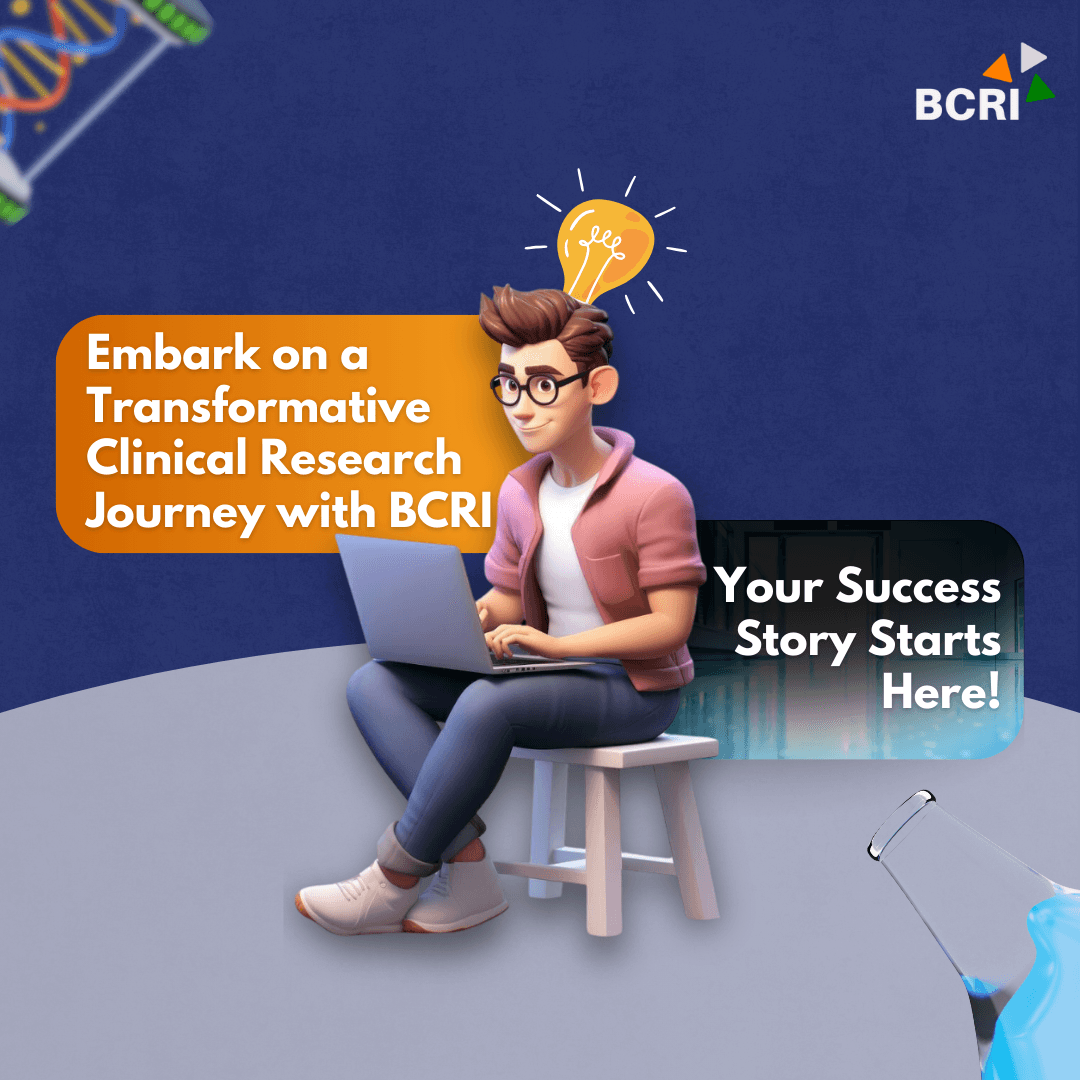Introduction
The field of clinical research is a cornerstone of modern medicine, ensuring that new treatments, drugs, and medical devices meet rigorous safety and efficacy standards before reaching the market. As the pharmaceutical, biotechnology, and healthcare industries continue to expand, the demand for trained professionals in clinical research has skyrocketed.
A Postgraduate Diploma in Clinical Research (PGDCR) serves as a bridge between academic knowledge and industry requirements. This program offers specialized training in various domains, including Clinical Data Management (CDM), pharmacovigilance, regulatory affairs, and Clinical SAS. This blog delves into the importance of PGDCR training, its core components, career prospects, and industry relevance.
Bangalore Clinical Research Institute (BCRI) offers certification courses and training programs designed to equip individuals with the knowledge and skills necessary to excel in the field of clinical research.
The Role of Clinical Research and Clinical Data Management
Clinical Research: The Foundation
Clinical research involves conducting studies to evaluate the safety and effectiveness of new drugs, medical devices, or treatments. It follows strict protocols and regulatory guidelines to protect patient safety and produce reliable results.
Key components of clinical research include:
- Study Design & Protocol Development: Planning how the trial will be conducted.
- Patient Recruitment & Trial Execution—Enrolling participants and administering treatments.
- Data Collection & Monitoring—Recording observations and ensuring compliance.
Clinical Data Management: Ensuring Data Integrity
CDM plays a crucial role in handling the vast amount of data generated during clinical trials. It ensures that the data collected is accurate, complete, and compliant with regulatory standards.
Key processes in CDM include:
- Data Collection & Entry—gathering data from clinical sites and entering it into databases.
- Data Cleaning & Validation—Detecting and correcting errors or inconsistencies.
- Database Lock & Analysis—Finalising the dataset for statistical analysis.
How They Work Together
- Clinical research generates raw data, while CDM organises and processes this data.
- Researchers ensure that trials run according to protocol, while data managers ensure that data is collected and stored correctly.
- The quality of clinical trial outcomes depends on both well-conducted research and high-quality data management.
Pharmacovigilance: Ensuring Drug Safety Post-Approval
Pharmacovigilance (PV) is the process of monitoring, detecting, assessing, and preventing adverse effects of drugs after they are available to the public. It ensures ongoing patient safety by identifying and managing risks associated with medications.
Key Aspects of Pharmacovigilance:
- Adverse Event (AE) Reporting – Collecting data on unexpected drug reactions.
- Signal Detection & Risk Assessment – Identifying patterns of adverse events.
- Regulatory Compliance – Ensuring drug safety updates and reports are submitted to regulatory agencies.
- Post-Marketing Surveillance (Phase IV) – Long-term monitoring of drug effects in the real world.
How Clinical Research and Pharmacovigilance Work Together
- Clinical research tests drugs for safety and efficacy before approval, while pharmacovigilance monitors and manages risks after approval.
- Data from pharmacovigilance can lead to new clinical studies if safety concerns arise.
- Both fields work closely with regulatory agencies to ensure drug safety throughout its lifecycle.
What is a PG Diploma in Clinical Research (PGDCR)?

A PG Diploma in Clinical Research (PGDCR) is a structured training program designed to equip professionals with the skills required for various roles in clinical trials and research. The course covers diverse aspects such as:
- Clinical Trial Management
- Ethical and Regulatory Guidelines
- Clinical Data Management
- Pharmacovigilance
- Regulatory Affairs
- Clinical SAS for Data Analysis
The training ensures that candidates understand the global standards of clinical research, including Good Clinical Practice (GCP), ICH guidelines, and FDA regulations.
Why is PGDCR Important?
- Bridges the Industry-Academia Gap: Provides practical skills required for real-world clinical trials.
- Increases Job Opportunities: Expands career prospects across pharmaceutical companies, CROs, and hospitals.
- Global Career Potential: Clinical research is in demand worldwide, offering international job prospects.
- Regulatory Compliance & Ethical Training: Ensures professionals understand ethical guidelines and compliance requirements.
- Skill Enhancement for Career Growth: Adds credibility to professionals seeking promotions and higher roles in clinical research.
Core Components of PGDCR Training
- Clinical Data Management (CDM)
CDM is a crucial process in clinical trials, ensuring that collected data is accurate, reliable, and compliant with regulatory guidelines.
Key Topics Covered in CDM Training:
- Basics of Clinical Data Collection and Management
- Electronic Data Capture (EDC) Systems (e.g., Medidata, Oracle Clinical)
- Database Design & CRF Development
- Data Cleaning and Validation
- Quality Assurance in Clinical Data
- Coding Standards (MedDRA & WHO-DD)
Career Roles in CDM:
- Clinical Data Manager
- Data Coordinator
- CDM Specialist
- Clinical Data Analyst
- Pharmacovigilance
Pharmacovigilance ensures patient safety by monitoring and managing adverse drug reactions.
Key Topics Covered in Pharmacovigilance Training:
- Adverse Drug Reaction (ADR) Reporting & Management
- Signal Detection and Risk Assessment
- Case Processing and Safety Reporting
- EudraVigilance and ICH Guidelines
- Periodic Safety Update Reports (PSURs)
- Medical Coding (MedDRA)
Career Roles in Pharmacovigilance:
- Drug Safety Associate
- Pharmacovigilance Scientist
- PV Quality Assurance Manager
- Medical Reviewer

- Regulatory Affairs
Regulatory Affairs ensures that pharmaceutical products comply with the regulations set by global health authorities.
Key Topics Covered in Regulatory Affairs Training:
- Drug Development and Approval Process
- Regulatory Submissions (IND, NDA, ANDA, BLA)
- FDA, EMA, DCGI, and Other Regulatory Bodies
- Clinical Trial Application (CTA) and Dossier Preparation
- Post-marketing surveillance and compliance
Career Roles in Regulatory Affairs
- Regulatory Affairs Associate
- Regulatory Compliance Specialist
- Regulatory Submissions Manager
- Medical Regulatory Writer
Career Opportunities After PGDCR
BCRI emphasises a practical approach to learning, often incorporating case studies, real-world examples, and hands-on training to prepare students for the industry. They also highlight their experienced faculty and placement assistance to help graduates launch their careers in clinical research.
Graduates of PGDCR programs can explore various roles across different domains of clinical research:
- Clinical Research Associate (CRA): The Clinical Research Associate monitors clinical trials and ensures compliance with regulations.
- Clinical Data Analyst – Manages, analyzes, and ensures quality clinical data.
- Pharmacovigilance Officer – Monitors drug safety and ADR reporting.
- Regulatory Affairs Specialist – Handles regulatory submissions and approvals.
- SAS Programmer – Conducts statistical analysis of clinical trial data.
Conclusion
A PG Diploma in Clinical Research (PGDCR) is a gateway to a rewarding career in clinical research, pharmacovigilance, regulatory affairs, and clinical data management. By choosing the right PGDCR program, gaining practical experience, and earning relevant certifications, candidates can unlock exciting job opportunities and long-term career success in the pharmaceutical and healthcare industries.
🔎 Looking for a career in clinical research? Start your PGDCR journey today!




